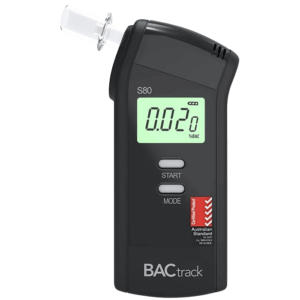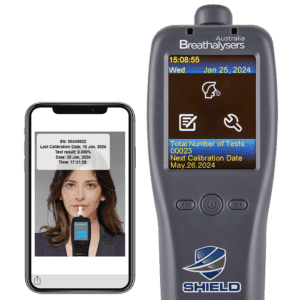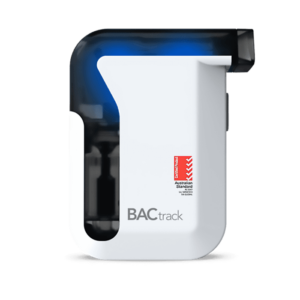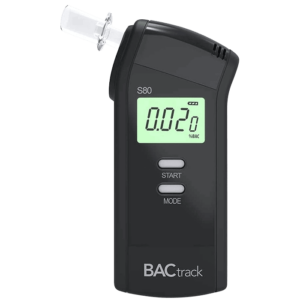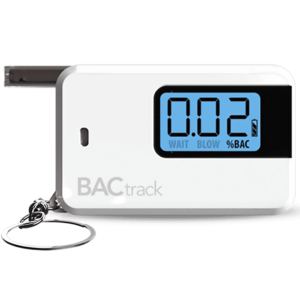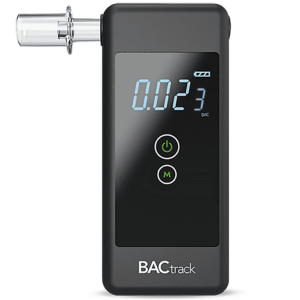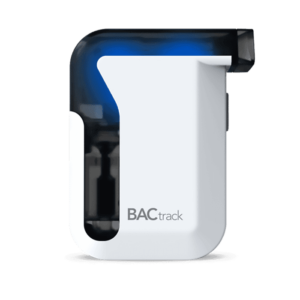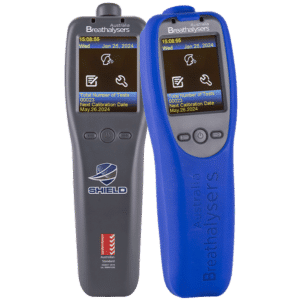What Should a Workplace Alcohol Policy Include
07 March, 2022
A safe and healthy working environment starts with an alcohol and drug-free work culture. Employees under the influence of drugs and alcohol can cause accidents and risk harm to themselves and others. Alcohol intoxication is a common and recurring problem that most employers face. Companies and businesses implement safety programs to help manage workplace hazards. An effective workplace alcohol policy can promote healthy lifestyles and deter employee alcohol intoxication before, during or after work. To start creating one for your organisation, make sure that the core components benefit the company and the employees. Additionally, it should also follow the New Zealand laws to provide the highest protection for employees. The Drug Detection Agency, or TDDA, can help provide Australian and New Zealand workplaces with drug and alcohol policies.
What is a Workplace Alcohol Policy?
All New Zealand workplaces and businesses are legally obligated to provide a safe working environment for all their employees. A safe work environment means effectively managing risks and hazards that may put anyone in danger in the workplace. Specific high-risk industries like mining, construction, transportation, and manufacturing rely on a clear set of policies to prevent untoward incidents. Therefore, a comprehensive workplace alcohol policy helps employers and employees know their obligations and limitations. Moreover, employees should know the repercussions of their actions or inactions for workplace misconduct, such as working while intoxicated with alcohol. Likewise, the responsibilities of both employer and employee in keeping the workplace safe. Employers who want to manage alcohol at work need to create safety policies and programs suitable for their workplace.
Everyone in the workplace has the fundamental right to a safe working environment. And effective workplace alcohol policies and programs are critical in maintaining a safe and healthy working environment. A comprehensive workplace alcohol policy should have guidelines that clearly define the purpose, scope, definition, testing regulations, and expected behaviour in the workplace. The alcohol policies include pre-employment testing, post-incident/accident testing, random and reasonable cause or suspicion testing. An alcohol breath test can confirm alcohol in the system. Devices like BACtrack workplace breathalysers can analyse breath samples ideal for workplace testing. Moreover, these devices can measure the amount of alcohol in the body, called the Blood Alcohol Content (BAC) level. A person’s BAC determines the level of intoxication level of that person.
Components of a Workplace Alcohol Policy
A workplace alcohol policy should be tailor-fit to your needs as an organisation. In general, an alcohol policy or program includes the following:
- Purpose & Objectives – the policy identifies the goal of the organisation to protect employees’ welfare by minimising safety risks related to alcohol consumption.
- Coverage – the policy applies to all workers from top management to rank and file personnel. It also states the prohibited substances in the workplace, the expected conduct from employees, etc. Additionally, it also says what kind of test they will use, such as pre-employment testing, random testing, or blanket testing, etc.
- Confidentiality – the policy recognises the worker’s right to privacy and confidentiality. Moreover, the test results or penalties are strictly confidential between management and employees.
- Implementation – the policy states the testing procedures the employees will undergo. For example, breath tests with breathalysers like BACtrack devices to check for alcohol presence. BACtrack breathalysers use pro-grade sensors ideal for workplace testing.
- Provisions for Disciplinary Actions – employees who breach the policy must know what consequences they will face. The policy should clearly state what disciplinary actions will take based on the severity or degree of the impairment. This workplace alcohol policy can vary from company to company.
- Provisions for Employee Assistance – the policy should also assist in treatment or rehabilitation, not just penalties. For example, an employee who may have substance abuse problems needs assistance in recovery.
Workplace Alcohol Policy: Testing Requirements
Pre-employment and Reasonable Cause or Suspicion Testing
Pre-employment Testing
Potential employees for hire must pass an alcohol breath test before starting to work for a company or to receive an offer of employment. Moreover, refusal to agree to test for alcohol should immediately disqualify further employment consideration. The workplace alcohol policy should have these guidelines clearly defined.
Reasonable Cause or Suspicion Testing
Workers are subject to alcohol breath testing based on, but not limited to, observations of apparent signs of alcohol intoxication impairments. Employers should have a reasonable cause or suspicion observation checklist as part of the workplace alcohol policy to document specific behaviours that create a reasonable cause or suspicion that an employee is under the influence of alcohol. Examples include:
- Odours – the smell of alcohol, body odour or urine
- Erratic Movements – unsteady, fidgety or dizziness
- Eccentric Eyes – dilated, constricted, watery, or has involuntary eye movements
- Unusual Facial Features – flushed, sweating, or having a confused or blank look
- Abnormal Speech Patterns – slurred, slow, distracted, or the inability to verbalise thoughts
- Unbalanced Emotions – argumentative, agitated, irritable, or exhausted
- Actions – yawning, twitching, or highly paranoid
- Inactions – sleeping during work hours, unconsciousness, or less reactive to questions
Post-incident/accident and Random Testing
Post-incident/accident Testing
Workers are subject to testing when they cause an accident or incident that causes severe damage to company property such as vehicles, machinery, and equipment that injure themselves or other employees that usually require offsite medical attention. This testing is usually emphasised in a workplace alcohol policy.
Random Testing
The workplace alcohol policy should have a statement that once in a while, employers can randomly select employees for random testing for alcohol intoxication. Thus, minimising the risk of employees entering work while intoxicated by alcohol.
BACtrack Workplace Breathalysers
The workplace alcohol policy guides all employees on their expected behaviour of them. Before implementing an alcohol policy, all employees must know and consent to the provisions. There must also be a free consultation between employers and employees to have fair and balanced policies. Once the alcohol policy takes effect, you may monitor your employee’s blood alcohol content (BAC) more efficiently. Breathalysers New Zealand has BACtrack workplace breathalysers, like the BACtrack S80 Pro Gen2, which can help with accurate BAC readings explicitly designed for workplace alcohol breath testing. These devices use the same sensor technology you could find in a police officer’s breathalyser. These sensors will have fewer errors and false positives during workplace testing.
A comprehensive workplace alcohol policy needs the collaboration of both the management and personnel to be successful and effective. Moreover, the alcohol policy or program can drastically help with improving hazard and risk management. Additionally, it can enable the employer or business owner to efficiently maintain a safe working space for everybody involved in the workplace. Breathalysers New Zealand works with different organisations to provide reliable alcohol breath testing devices in the workplace. Furthermore, the BACtrack workplace breathalysers meet the New Zealand Standards for effective breath alcohol testers.





















